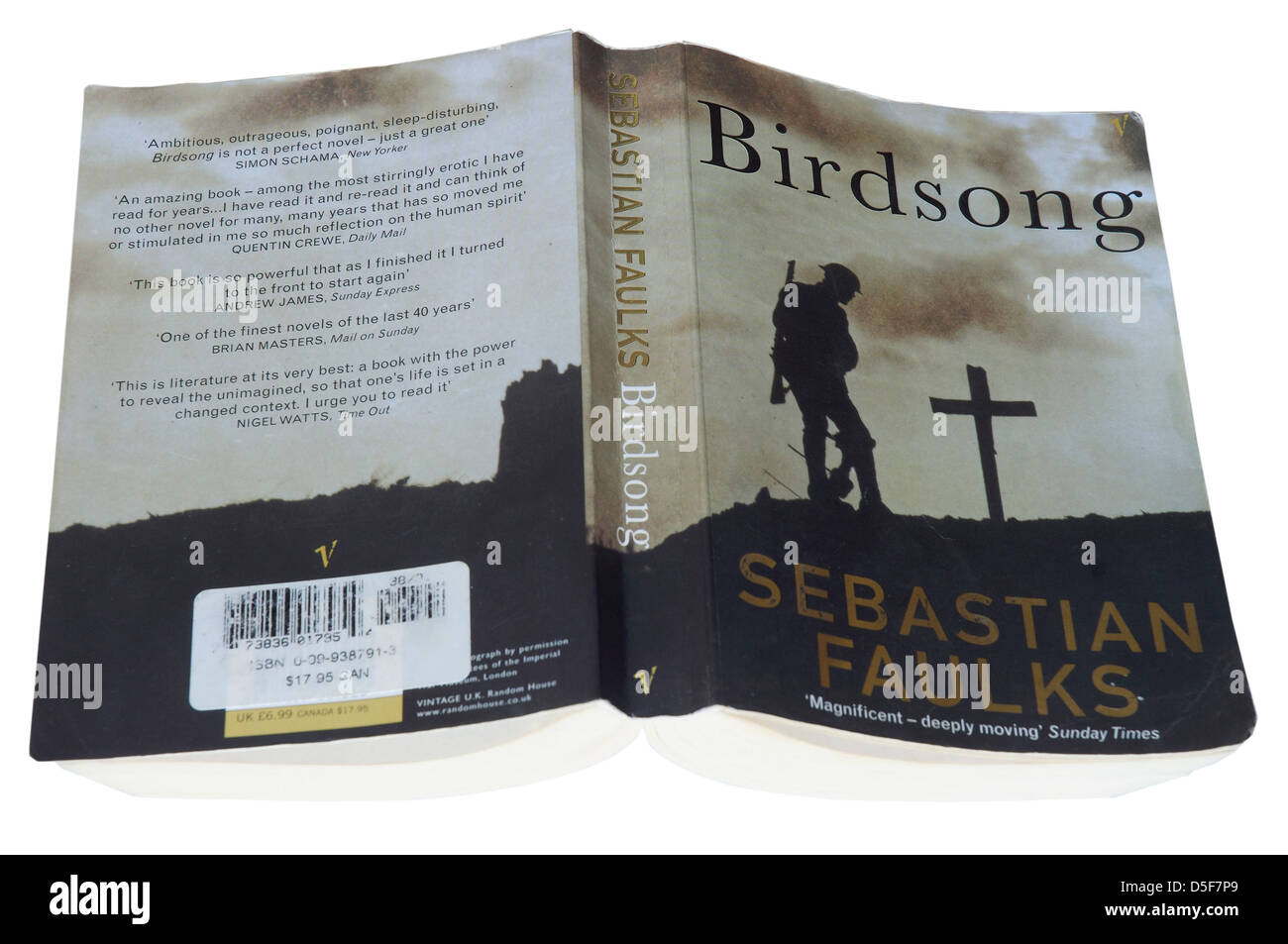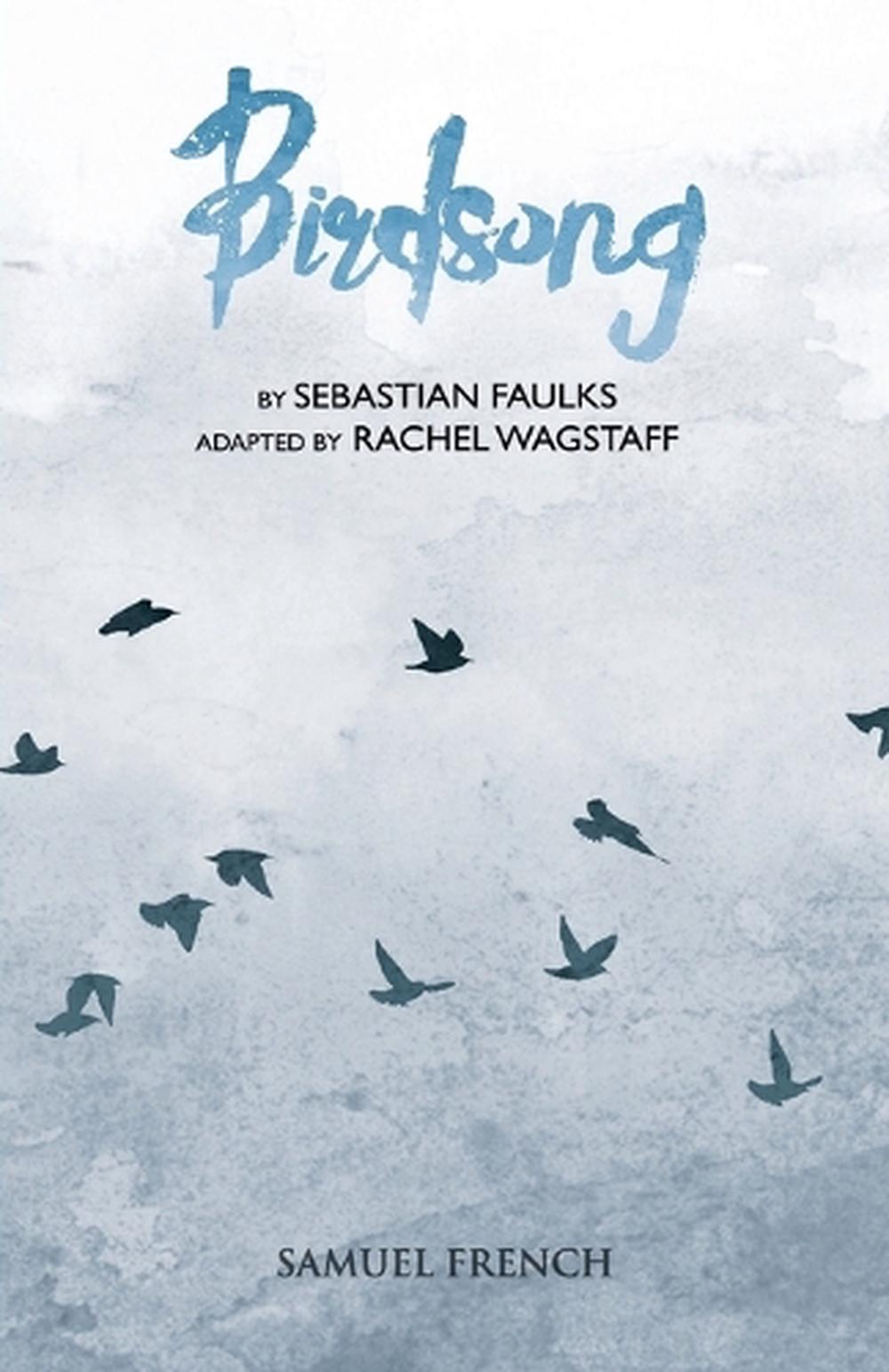


It is a nice conclusion to the book as we finally learn what happens to some of the characters we have read about. What she learns makes her review her own life what she wants from it and where it is leading. She begins a journey that will show her the horrors of the War that she can barely remember being taught about at school. Elizabeth, a thirty-something fashion designer, has a sudden desire to learn more about her Grandfather who was a soldier in the First World War. Towards the end of the book, there is a side story set in England in the 1970s.


However it is impossible to stop reading, the writing is captivating and as you read, you become more and more attached to the odd characters and need to know what happens to them. The reader can almost smell the blood, rotting bodies and burned hair. Faulks is not afraid of describing the wounds the slashed flesh, bulging eye balls and oozing blood of the victims. At any moment, a soldier could be hit by a shell, buried alive or blown to pieces. The reader is never sure of anybody’s safety. The horror of the constant fear of death, either through a collapsed tunnel or enemy bombs is captured so well, that even sitting comfortably on my sofa, I felt tense and on edge. Faulks manages to recreate the dark and gloomy world of the tunnels below the trenches as workers dig and plant explosives. The second part of the book jumps forward six years to France in 1916 and this is where the writing really started to grab my attention. As I read these parts, it didn’t feel realistic, and it almost felt as though these passionate encounters were only added to sell more copies. There are some suggestive scenes with forbidden glances and hasty fumblings and also a couple of steamy sex scenes put in for good measure. Here he embarks on a love affair which will change the course of his life. He stays in the the grand family home of the Azaires. The opening chapters set the scene in a small town in France, where a young English man, Stephen Wraysford has come to learn more about his trade in textiles. On the one hand, I found the descriptions of life in the trenches in the First World War powerful and thought provoking, but what lets Birdsong down for me, is the weak romantic storyline that continues throughout.


 0 kommentar(er)
0 kommentar(er)
